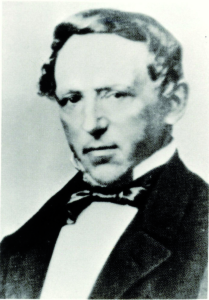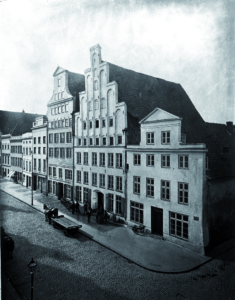The Crucible Years
The First World War leads to a dramatic setback: war bonds fail and the losses have to be financed through the sale of rights to Swedish ore mines. The Company is able to survive thanks to the coal and domestic fuel business in Germany.
Emil Possehl dies on 4 February 1919. The sole heir to Company assets is the Possehl Foundation. Since that time – as was intended by its founder – the foundation has promoted cultural, social and charitable activities in his hometown of Lübeck.

After the financial turbulence of the 1920s, the 1930s find the Company on the rise again. New branches of industry, i.e. production companies, freight and insurance agencies, join the Possehl Group. The core business with steel, coal and other fuels develops and flourishes once again.
This period also witnesses the development of the Possehl Group into its present structure. The Possehl Foundation transfers its then directly held companies to L. Possehl & Co. and has only held shares in the parent company since.
The Second World War leaves deep scars: the Company loses all of its foreign holdings and a large part of its markets. The branches located in the eastern part of Germany are lost, as are assets in foreign countries. The head offices in Beckergrube, along with all records, are also reduced to rubble and ashes in the midst of the war.






